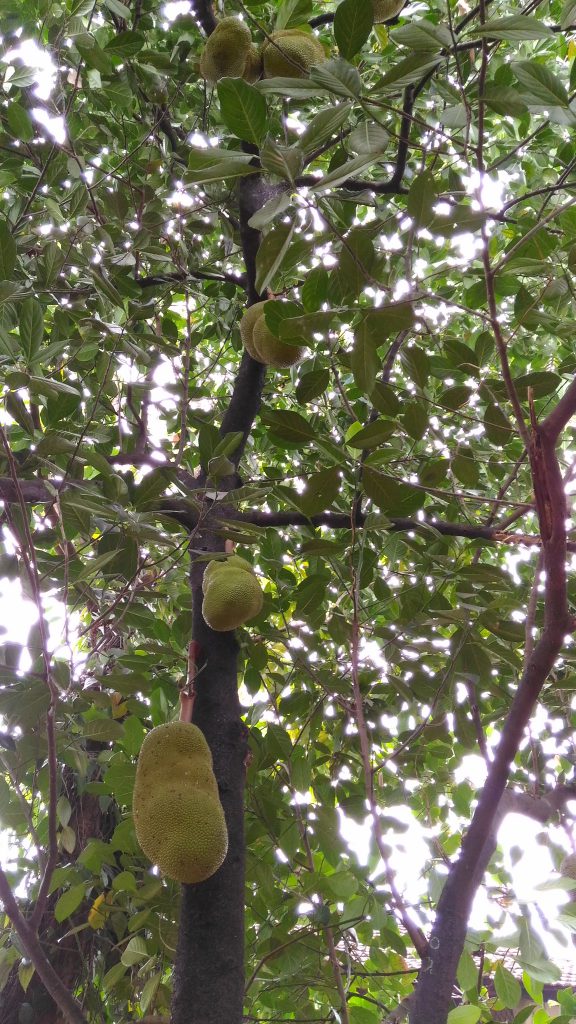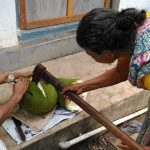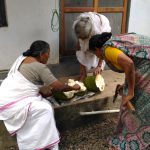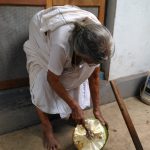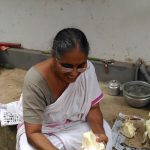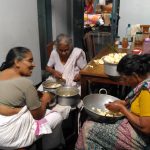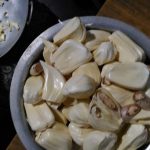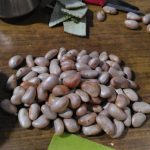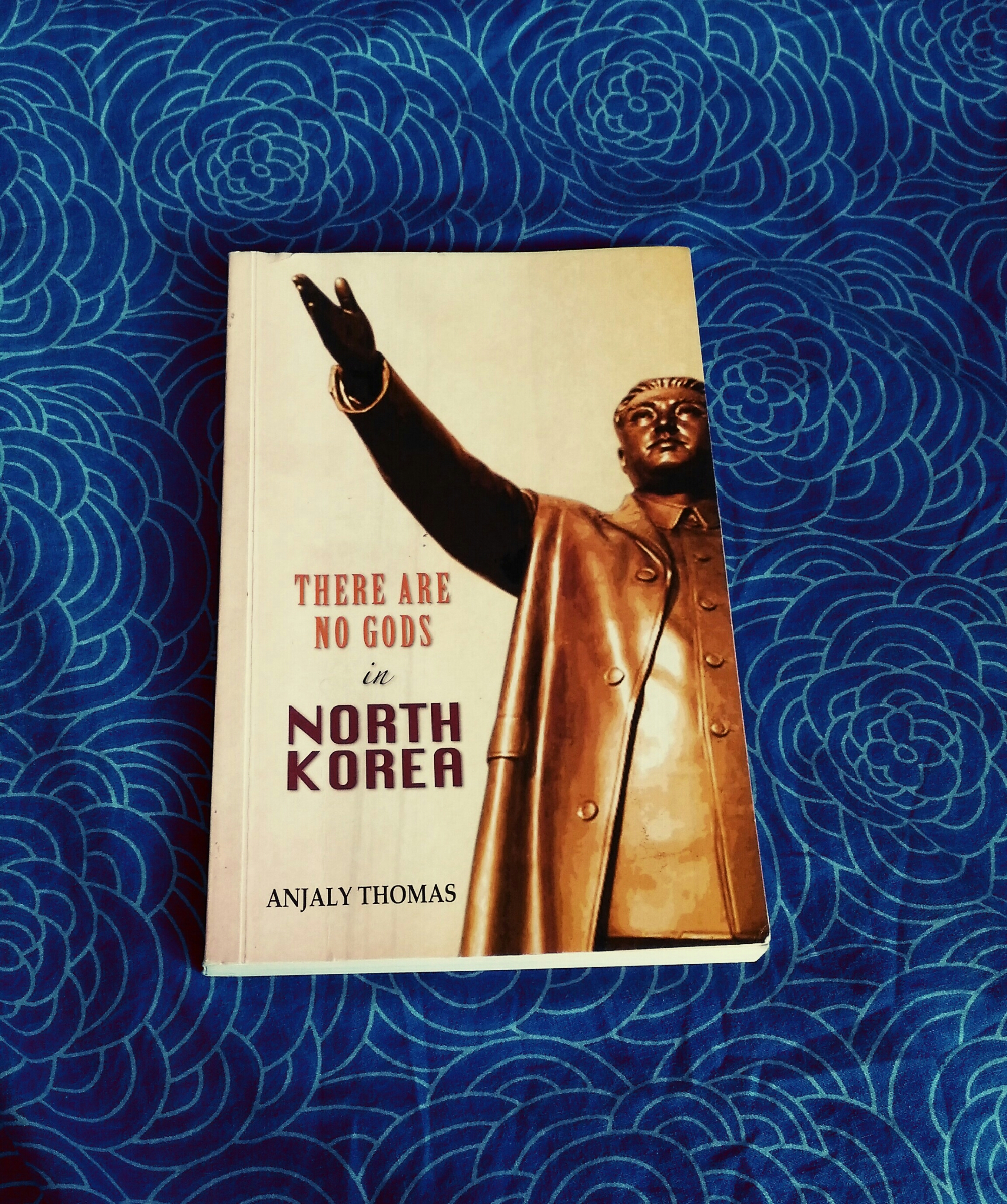https://www.instagram.com/p/BL54DTmAoAA/
She laughed like a child, without inhibition. Her open-mouthed laugh baring teeth and the pink palor of her tongue was endearing. And in that moment, everyone watching her turned believers. They believed that the joy in her laughter was permanent. They believed that life was joyous moments strung together. They believed that sadness was an impossible myth. Everyone who saw her laugh was sure that they were in the exact place they were meant to be. They did not question. They did not complain. They let the pleasant feeling of being sprinkled with stardust wash over them. They surrendered to the transient feeling of contentment.
I found it strange that no one, ever, not even once, had stopped to think what it was like to watch her cry. Well, when I saw her laugh, that was my first thought.
https://www.instagram.com/p/BMJD7IKAumN/
She had been like this forever, laughing only in public and crying only in private. But no one had noticed. When the first sob left her lips, she had tried to ignore it. Accounted for it, first under periods, then under stress and finally under L for loser. When the sobs grew louder, loud enough to echo, she trained herself to purse her lips and swallow the sobs. Swallowing a sob is not for amateurs. It made her sad, mad and then more so. And she ended up crying some more. But when all the sobs were eaten and the tears wouldn’t stop, she decided to experiment on how to make things better. Soon, she noticed that decadent food made her cry less. She cooked all the world’s finest food in her kitchen and ate it too. While she ate, she felt great. Her cheeks stayed dry as long as they were full. She felt as if a hole inside her was getting filled. But eat as she may, that hole never filled all the way to the top. Sometimes, she would have to stop eating from not being able to breathe. Another trick to dry her tears was to watch TV. Television sent her flying into an imaginary land where she was forbidden from crying. A world where everyone wore wonderful clothes and no one was ever unhappy.
No one ever saw her cry. She cried alone in her room, standing expressionless in front of her mirror, eating her dinner or cleaning her bathroom. She cried quietly, the only outward indication being the overflow down her cheeks. It was a steady flow of clear liquid, compromising the downward turn of her mouth, falling down the top of her dress, outlining the heave of her breasts and puddling at her feet. When they had puddled a while, they flowed outward, along the natural slope of the room, across her floor and out the door. Though they hesitated momentarily on the stairs, wondering what it would be like for tears to be seen flowing down the street, they cascaded down the stairs, one step at a time like sobs that now did not exist.
No one noticed the tears flowing down the street being joined by other streams of tears. There were many tears like hers but they all sat crying locked up in their own rooms.
Can you imagine a world where all these tears would get together and skip rope? Skip rope till they grew out of breath and all they could keep track of was the rhythm of their skip. When the tears mixed with the nascent sweat on their indoor skins, their heart would beat all over their being. Tears and laughter would step aside for perseverance to pass through every inch of the body, aware only of the muscles shaking off its lethargy. In that moment, everyone watching them would cease to exist and the only truth would be the resilience of their bodies.
